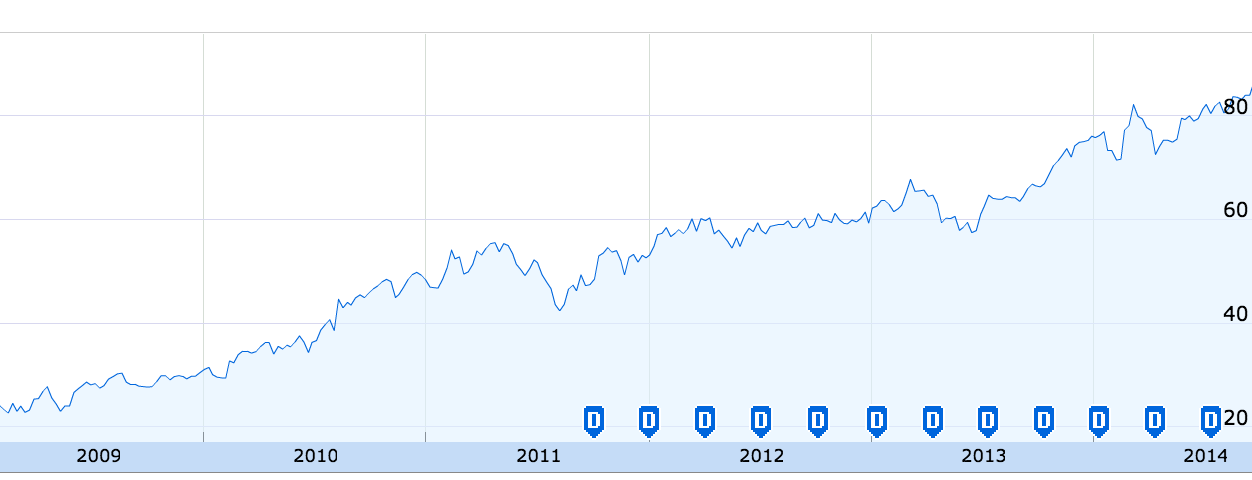Culture is People.

Culture as a whole is a complex subject that many find difficult to define. In 1952, Alfred Kroeber and Clyde Kluckhohn even made a list with 150 different definitions of culture in their book Culture: a critical review of concepts and definitions.
People will tell you that culture is what makes a company successful in the long run and what makes your startup a great place to work. They’ll say it helps you build a path to achieve your vision, a way to attract and retain talents… That’s all true, but knowing this won’t help you create one.
Building a successful venture is an ambitious and difficult mission. As much as excellence is a complex set of details put together, culture is before all the one thing you can rely on in order not to get lost in your quest toward building the future. Culture does not make a company, people do. But culture serves the purpose of making those people stick together so they can work on building the future, whatever the fate they will have to cope with. Culture is a common denominator impulsed and spread by a leader, it is the unbreakable number one driver that everyone can rely on when the company is coping with an uncertain future, it is a motivation itself for the people striving to find a purpose in their professional environment.
Nobody decides to build a culture, it doesn’t make sense. A culture has no inherent solo value. It’s all in and around the company and its people. So where do you start to create a lasting honorable culture in your company? How do you make it happen? The answer is simple and actually applies to a lot of others things in a startup: **Attention to customers**.
Taking your customers seriously means that you will do everything in your power to deliver the best possible product or service, and that your only obsession is their satisfaction. Your customers will validate the use, drive traction and therefore will lead you to find a sustainable business model. You are building a relationship with them. They need to trust you, your company, your people and this is the first thing that you should be obsessed with. Do not fail them.
Once you take your customers seriously, every underlying matter should follow: your attention to the product, to the people that work on it, to the cohesion of the team. If you can’t make your employees happy, how do you want to make your customers happy?
Look at a company like Intuit. It started in 1983 with the most un-sexy business in the world: accounting software. Now, it’s valued 25 billion dollars and it has benefited from a great momentum the past five years.

It is a 30-year-old company! And nothing else but the attention to the customers and consequently the culture of the company had made this possible. Intuit puts a lot of effort in building not only a product but a full ecosystem in which both companies and accountants are happy users and customers. When Intuit penetrates a market, it does not do it through massive advertising and agressive techniques, it starts by understanding its customers, the ecosystem and how they can play a role in shaping it.
Attention to customers, to the people, again and again.
Don’t focus on culture itself but the meaning of it which is nothing more than the attention to customers, the attention to people.
